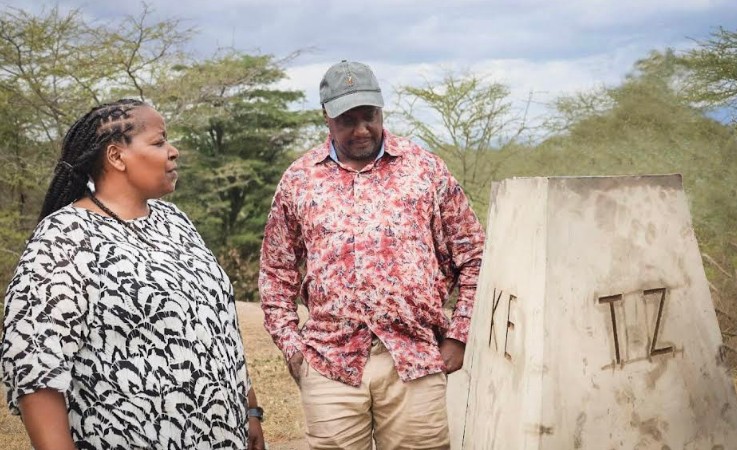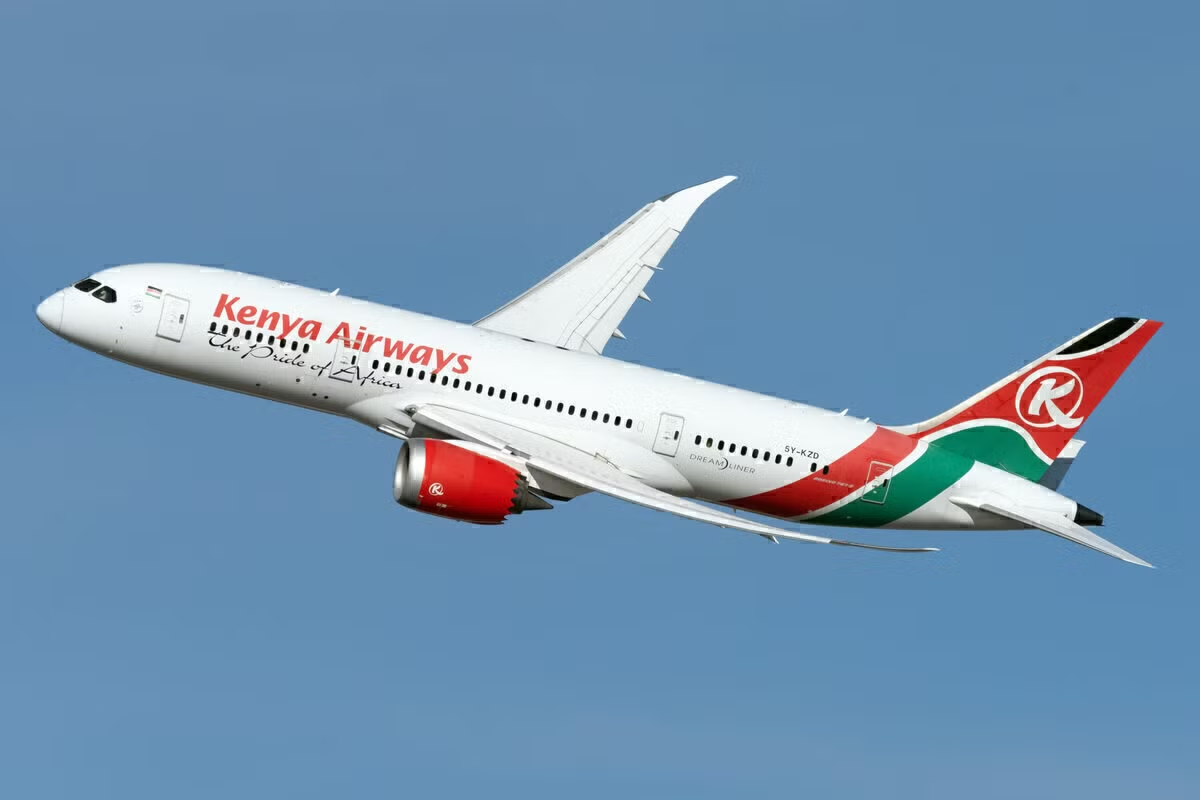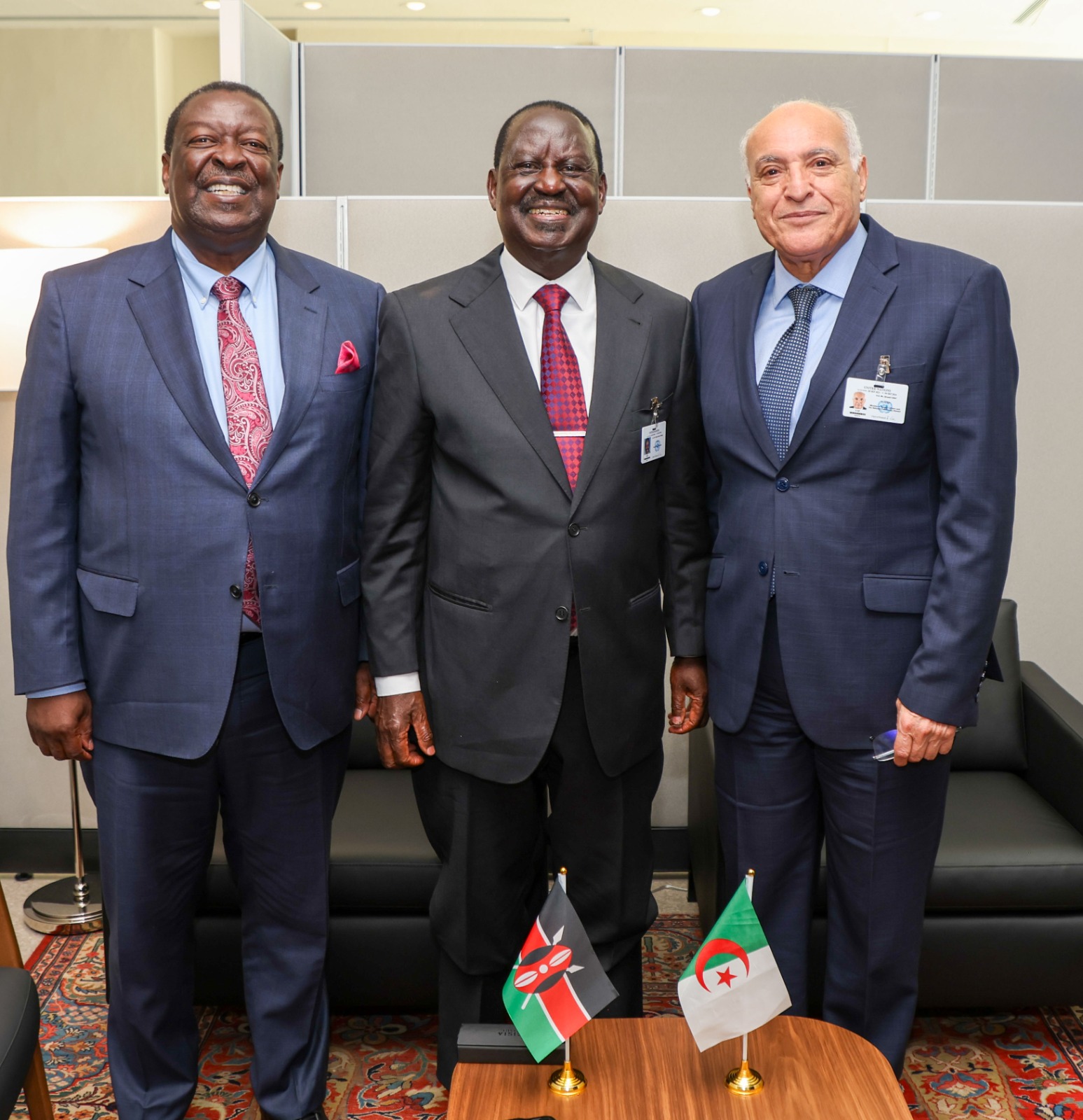Boundary reaffirmation between countries refers to the process by which nations confirm, clarify, or reassert the precise demarcation lines of their shared borders. This may involve diplomatic negotiations, joint surveys, or formal agreements to ensure mutual understanding of the exact boundary location, often to prevent disputes or resolve ambiguities.
Kenya’s Deputy Head of Public Service, Amos Gathecha, made the revelation while leading a supervisory tour of a multi-agency team from the two nations. Kenya and Tanzania are reaffirming their 758-kilometre border to define sovereignty, improve governance, and boost cooperation. To date, 558 kilometres have been completed. The Kenyan team comprises officers from the Ministry of Lands, the Kenya Defence Forces (KDF), the Immigration Department, and the Kenya International Boundaries Office (KIBO).
Clarification of the boundary, whose demarcation began in 2021, will also enhance trade as the two countries continue efforts to streamline cross-border movements through modern initiatives such as One-Stop Border Posts.
Stretching 758 kilometres from Lake Victoria to the Indian Ocean, the Kenya–Tanzania boundary was originally established under the Anglo-German Agreement of 1893 and the 1906 Protocol, during which Britain and Germany controlled Kenya and Tanganyika (today’s mainland Tanzania), respectively.
Unclear or contested boundaries can spark disputes between nations, such as the recent Nagorno-Karabakh conflict between Azerbaijan and Armenia, which resulted in deaths, mass displacement, and widespread destruction. Closer to home, an unresolved territorial dispute persists between Sudan and South Sudan, particularly over the oil-rich Abyei region, following South Sudan’s independence.
Clearly defined and uncontested borders benefit state governments in enforcing laws, regulating trade, and managing immigration processes. Demarcated boundaries also help clarify resource ownership, including minerals, oil, and fishing zones, thereby preventing or minimising conflicts over resource exploitation. A pertinent example is the unresolved dispute between Kenya and Uganda over the ownership and control of Migingo Island on Lake Victoria, whose surrounding waters are highly productive fishing grounds.
The Migingo dispute prompted the Kenyan government to establish the Kenya International Boundaries Office (KIBO) via a Cabinet Decision Ref: OP/CAB.58/4A dated 11th September 2014. The Office is mandated to determine the status of each international boundary, identify contentious and non-contentious sections, formulate strategies for reaffirming, negotiating, or defending the boundaries, lead bilateral discussions with neighbouring countries, and ensure compliance with international obligations relating to boundaries and territorial integrity.
[/full]





